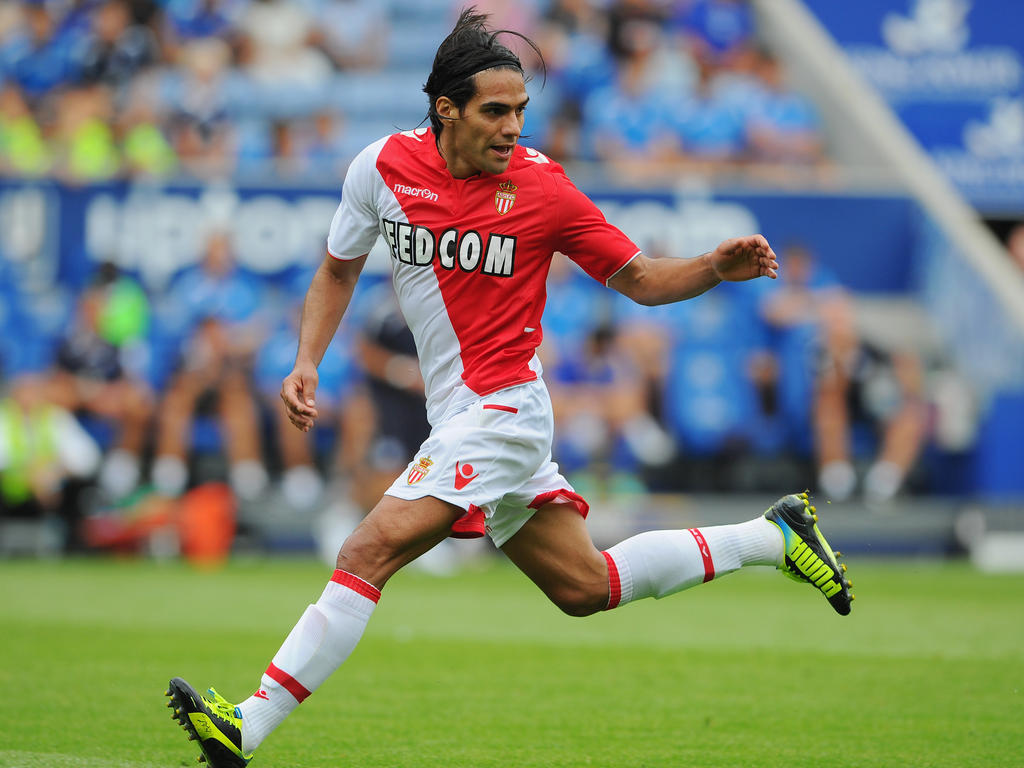Brazil look World Cup-ready on pitch -- off it, not so much

Brazil thrashed Panama in a friendly Tuesday, looking very much ready for the World Cup, although off the pitch, the hosts were still rushing to finish their stadiums nine days from kick-off.
Star striker Neymar opened the scoring as Brazil routed their visitors 4-0 in the central city of Goiania, with Daniel Alves, Hulk and Willian all adding goals.
But off-pitch problems continued to distract from the football, with workers scrambling to finish five of the 12 host stadiums.
The original deadline was December 31, but preparations have been plagued by chronic delays, cost-overruns and construction accidents that killed eight workers.
At Corinthians Arena in Sao Paulo, which will host the opening ceremony and kick-off match between Brazil and Croatia, workers are still finishing temporary stands for 20,000 fans and VIP seats intended for heads of state.
The stadiums in Curitiba, Cuiaba, Natal and Porto Alegre are also unfinished to varying degrees.
Meanwhile, protests that have shaken Brazil before the World Cup continued in Goiania, where about 100 demonstrators gathered outside the hotel where the Brazilian team were staying ahead of their match.
"Wake up Neymar, for the people's struggle!" chanted demonstrators, carrying signs with slogans such as "FIFA go home!"
Protesters from a wide range of political parties and activist groups have attacked the government for spending more than $11 billion on the tournament, calling for it to place more priority on education, health and transport.
But like other recent rallies, Tuesday's was far smaller than the mass protests that marred the Confederations Cup, a World Cup dress rehearsal held one year ago, when a million people flooded the streets, some clashing with police.
As the clock ticks down to the World Cup and a presidential election in October, Brazil has also been hit by a wave of strikes.
Recent police strikes -- and the threat of more during the World Cup -- have been among the government's biggest headaches.
But federal police announced they had reached a deal for a 15.8 percent raise in exchange for a promise not to strike in the coming months.
Police in the capital Brasilia have accepted the offer, which will be put to a vote in each of Brazil's 26 states in the coming days, the federal police union said.
Brazil says it will have 157,000 police and soldiers providing security during the World Cup.
The military will deploy 57,000 troops, including 21,000 on alert for emergency operations.
The government also downplayed problems with the country's aging airports, many of which are still undergoing renovations originally due to be finished for the World Cup.
"I can assure you we are prepared," said Aviation Minister Wellington Moreira Franco, while admitting: "It is clear we have problems."
But he said the transport overhaul was being done with an eye to the future.
"The new objective is to have new airports for the country," he said.
An estimated 600,000 foreign fans and 3.1 million Brazilians are expected to criss-cross the massive South American country during the tournament, and there are fears of transport chaos.
Organizers have shelved much of the infrastructure they had originally promised, from roadworks to a high-speed train to subway and monorail lines.
Teams meanwhile continued to trickle in to Brazil, having cut their rosters to the 23-player limit for a Monday deadline.
The Croatian and Iranian squads arrived Tuesday, joining Australia, who arrived on May 28.
But fitness concerns dogged several stars, including France's Franck Ribery, Uruguay's Luis Suarez and Spain's Brazilian-born marksman Diego Costa.
Colombia for their part had to leave out talismanic striker Radamel Falcao, who was unable to recover in time from a crushing knee injury sustained in January playing for Ligue 1 club Monaco.
The 32 teams are allowed to substitute injured players up to 24 hours before their opening matches.








